Choosing the best personal injury lawyer for your case is crucial for ensuring you get the compensation you deserve. In this guide, we will explore the qualities of a top personal injury lawyer and the key steps in choosing the best attorney for your needs.
Key Takeaways
- Experience and specialization are key qualities to look for in a top personal injury lawyer.
- Local expertise can make a significant difference in the outcome of your case.
- Researching potential lawyers thoroughly is essential for making an informed decision.
- Asking the right questions during the consultation process can help you assess the attorney’s suitability for your case.
- Understanding personal injury law is crucial for navigating the legal process effectively.
Qualities of a Top Personal Injury Lawyer

Experience and Specialization
When we’re on the hunt for a top-notch personal injury lawyer, experience and specialization are the cornerstones of a strong legal advocate. It’s not just about the years in practice, but the depth of their expertise in personal injury law that can make or break our case. Different types of accidents and injuries demand unique legal approaches, and having a lawyer who’s well-versed in cases like ours is invaluable.
- Motor vehicle accidents
- Wrongful death
- Medical malpractice
- Product liability
- Slip and fall incidents
- Trucking accidents
- Dog bites
Each category requires a lawyer who knows the ins and outs of that particular field. For instance, a slip and fall case might hinge on local property laws, while a medical malpractice suit demands knowledge of healthcare regulations and standards.
It’s essential to ensure that the attorney we choose has a proven track record in our specific type of injury case. This isn’t just about their success rate, but also about their ability to navigate the complexities of the legal system and secure the best possible outcome for us.
Ultimately, the right lawyer will not only have a wealth of experience but will also be specialized in the type of personal injury case we’re facing. This combination is a powerful ally in our quest for justice and fair compensation.
Local Expertise Matters
When we’re on the hunt for the best personal injury lawyer, we understand that local expertise is not just a bonus—it’s essential. A lawyer with a deep knowledge of the local legal landscape can navigate the intricacies of our case with precision. They’re familiar with the local laws, court procedures, and even the tendencies of judges and juries, which can be pivotal in the outcome of our case.
It’s not just about legal knowledge; it’s about the practical application of that knowledge in the context of our local area. This can make a significant difference in the strategy and, ultimately, the success of our case.
Here’s why local expertise can be a game-changer:
- Local Connections: A well-connected attorney can tap into a network of local medical and legal experts, which can strengthen our case.
- Courtroom Familiarity: Knowing the ins and outs of the local court system can give us a strategic advantage.
- Community Insight: An attorney who understands the community can better tailor their approach to the nuances of our case.
We must not underestimate the value of a lawyer who has honed their craft in the very courts where our case will be judged. This local edge could be the key to securing the justice and compensation we deserve.
Track Record and Reputation
When we’re on the hunt for a top-notch personal injury lawyer, we must scrutinize their track record and reputation. This is more than just a cursory glance at their win-loss ratio; it’s an in-depth look at the outcomes they’ve secured for clients like us.
A lawyer’s history of success is not just measured in verdicts and settlements, but also in the satisfaction and trust of their clients.
Here’s a quick checklist to help us evaluate a lawyer’s track record:
- Client Testimonials: Seek out feedback from previous clients to understand the lawyer’s effectiveness and client service.
- Disciplinary Records: Verify with the state bar association to ensure the lawyer adheres to ethical standards.
- Case Outcomes: Look for a history of favorable results in cases similar to ours.
Remember, a lawyer’s reputation is built on more than just their advertising. It’s the real-world experiences of individuals they’ve represented that paint the most accurate picture. By taking the time to research and understand a lawyer’s track record, we position ourselves to make an informed decision, one that could significantly impact the outcome of our case.
Key Steps in Choosing the Best Personal Injury Attorney

Research Potential Lawyers
When we begin our search for the best personal injury lawyer, casting a wide net is essential. Start by tapping into your personal network; friends, family, and colleagues often provide valuable referrals. Don’t overlook professionals in related fields, such as accountants or real estate agents, who may have insights into reputable lawyers.
Online resources are invaluable in this stage. Legal forums and directories offer a plethora of information and reviews that can help you gauge the competence and success of potential lawyers. It’s important to ensure that the lawyers you consider have a proven track record in cases similar to yours. Here’s a simple checklist to guide your research:
- Seek personal recommendations
- Consult legal forums and directories for reviews
- Verify the lawyer’s experience in similar cases
- Check the lawyer’s success rate and reputation
Remember, the effort you put into researching potential lawyers can make a significant difference in the outcome of your case. Take the time to thoroughly vet each candidate to ensure they have the expertise and experience necessary to handle your unique situation.
Once you have a list of potential lawyers, the next step is to delve deeper into their backgrounds and success in cases like yours. This due diligence is crucial in finding a lawyer who is not only skilled but also the right fit for your case.
Questions to Ask During Consultation
When we sit down for a consultation with a potential personal injury lawyer, it’s crucial to come prepared with questions that will help us gauge their suitability for our case. The consultation is our opportunity to understand the lawyer’s approach and to establish clear communication. We should inquire about their experience with cases similar to ours, their communication style, fee structure, and the expected timeline for our case. It’s also important to find out who will be handling our case directly.
Remember, this is not just about legal expertise, but also about finding someone who is a good fit for us personally.
Here’s a list of essential questions to consider asking:
- What experience do you have with cases like mine?
- How will you communicate with me throughout the case?
- Can you explain your fee structure and how expenses are handled?
- What is the expected duration of my case, and what outcomes are possible?
- Will you personally manage my case, or will it be passed to another attorney within the firm?
By asking these questions, we can better understand the attorney’s qualifications and how they will handle our case, ensuring we make an informed decision.
Understanding Personal Injury Law
When we’re faced with the aftermath of an injury, it’s crucial to grasp the intricacies of personal injury law. Knowledge of the law enhances our ability to make informed decisions and ensures that we pursue the appropriate legal avenues for compensation. Personal injury law encompasses a range of scenarios, from auto accidents to medical malpractice, each with its own legal nuances.
To better understand personal injury law, consider the following key points:
- Types of Compensation: Victims may be entitled to various forms of compensation, including medical expenses, lost wages, and pain and suffering. In certain cases, punitive damages may also be awarded.
- Statute of Limitations: There are time limits within which you must file a claim. These vary by jurisdiction and the type of injury.
- Liability and Negligence: Establishing who is at fault is a cornerstone of personal injury cases. This involves proving negligence or intentional harm by the other party.
It’s essential to have a lawyer who not only understands these aspects but can also apply them effectively to your case. The right attorney will navigate the complexities of the law to advocate for your rights and secure the compensation you deserve.
Remember, insurance companies have their own legal teams; it’s in your best interest to have an expert who’s on your side. By understanding personal injury law, we empower ourselves to take the necessary steps towards a fair resolution of our case.
Conclusion
In conclusion, hiring the best injury lawyer for your case is crucial to ensuring you receive the compensation you deserve. From understanding personal injury law to assessing track records and reputations, the process of selecting the right attorney can be complex. By following the guidelines outlined in this article, you can make an informed decision that aligns with your best interests. Remember, the right lawyer can make a significant difference in the outcome of your case, so take the time to choose wisely.
Frequently Asked Questions
How do I know if I need a personal injury lawyer?
If you have been injured due to the negligence of another person or entity, you may need a personal injury lawyer to help you seek compensation for your losses.
What should I look for when choosing a personal injury attorney?
When choosing a personal injury attorney, look for experience, specialization in personal injury cases, a strong track record, and good reputation.
How much does it cost to hire a personal injury lawyer?
Many personal injury lawyers work on a contingency fee basis, which means they only get paid if you win your case. The fee is typically a percentage of the settlement.
How long does a personal injury case take to resolve?
The duration of a personal injury case can vary depending on the complexity of the case, the extent of injuries, and whether a settlement or trial is pursued. It can take months to years to reach a resolution.
What should I do if I can’t afford a personal injury lawyer?
There are options for individuals who cannot afford a personal injury lawyer, such as pro bono services, legal aid organizations, or lawyers who work on a sliding scale based on income.
What types of cases do personal injury lawyers handle?
Personal injury lawyers handle a wide range of cases, including car accidents, slip and fall incidents, medical malpractice, product liability, workplace injuries, and more.

